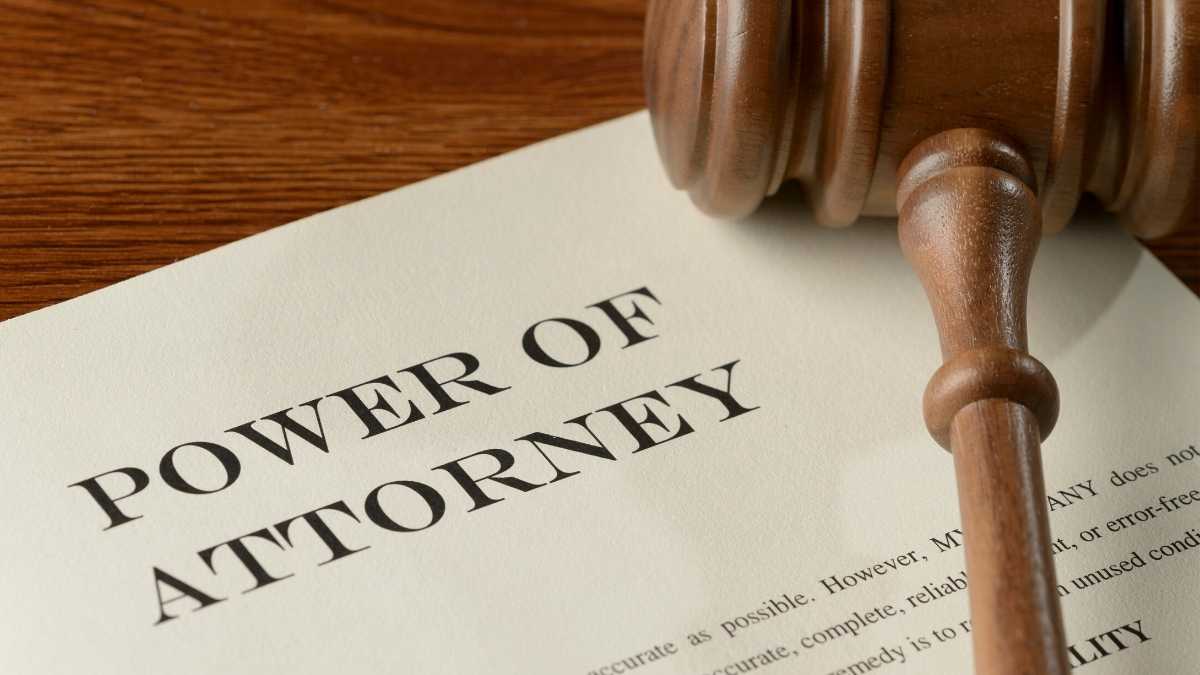Section 709.2201 of the Florida Statutes states that an agent only has the authority specifically granted under the power of attorney. However, under the power of attorney the agent does not have the authority to vote in public elections, execute or revoke a will, exercise personal services under a contract for your behalf, make an affidavit as to your personal knowledge, or exercise powers as trustee or a court appointed fiduciary on your behalf.
In addition to the authority mentioned above, under F.S. 709.2202 you must also separately initial a list of powers in order to give your agent the authority:
(a) Create an inter vivos trust;
(b) With respect to a trust created by or on behalf of the principal, amend, modify, revoke, or terminate the trust, but only if the trust instrument explicitly provides for amendment, modification, revocation, or termination by the settlor’s agent;
(c) Make a gift;
(d) Create or change rights of survivorship;
(e) Create or change a beneficiary designation;
(f) Waive the principal’s right to be a beneficiary of a joint and survivor annuity, including a survivor benefit under a retirement plan; or
(g) Disclaim property and powers of appointment.
Many people think that as agents they are able to transfer property to their names in order to avoid probate. However, unless you give initial the power to make gifts, the agents will not be able to freely dispose of any property. Even if you give your agent powers to make gifts, you can also limit the gifts and to whom the agent is authorized to make gifts.
I generally advise my clients that unless gifting is needed for estate tax purposes or if they completely trust their agent to carry out their intent, to avoid giving the agent gifting powers. The reason for this is if the agent uses his powers to make gifts, especially to himself or herself, other members of the family might frown upon the activity of the agent. This is especially true when the agent is one of the children and the other siblings are out of the loop.

